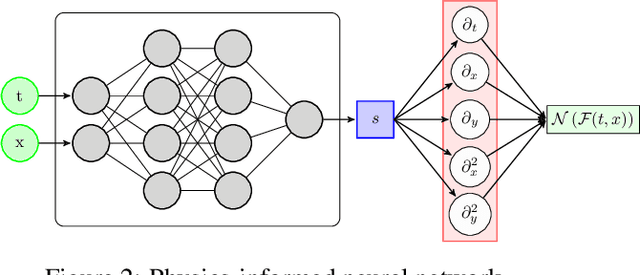Stacked networks improve physics-informed training: applications to neural networks and deep operator networks
Paper and Code
Nov 21, 2023



Physics-informed neural networks and operator networks have shown promise for effectively solving equations modeling physical systems. However, these networks can be difficult or impossible to train accurately for some systems of equations. We present a novel multifidelity framework for stacking physics-informed neural networks and operator networks that facilitates training. We successively build a chain of networks, where the output at one step can act as a low-fidelity input for training the next step, gradually increasing the expressivity of the learned model. The equations imposed at each step of the iterative process can be the same or different (akin to simulated annealing). The iterative (stacking) nature of the proposed method allows us to progressively learn features of a solution that are hard to learn directly. Through benchmark problems including a nonlinear pendulum, the wave equation, and the viscous Burgers equation, we show how stacking can be used to improve the accuracy and reduce the required size of physics-informed neural networks and operator networks.
 Add to Chrome
Add to Chrome Add to Firefox
Add to Firefox Add to Edge
Add to Edge